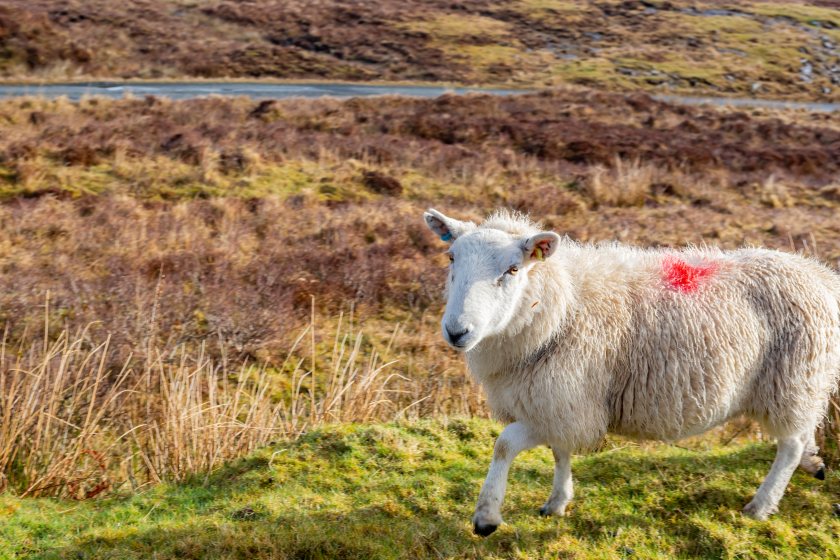Grazing sheep key to tackling record wildfires, sector says

Britain’s record-breaking wildfires this year show that farmers and their flocks are a vital but often overlooked defence against the flames, the National Sheep Association (NSA) has said.
The group warns that climate change and prolonged dry weather have fuelled unprecedented fire incidents in 2025, but argues the benefits of grazing and active land management – particularly in upland areas – are not being given enough recognition.
Official data shows sheep numbers in England have dropped sharply. According to Defra, flocks have declined by 11% in the past three years.
The NSA believes this fall has been most pronounced in the uplands, where environmental schemes such as Higher Level Stewardship have reduced stocking rates, and more land has been diverted into tree planting or rewilding projects linked to carbon credits and offsetting.
NSA chief executive Phil Stocker said: “The result is an increased risk of wildfires, with devastating consequences for nature, vegetation, peatlands, air quality, and carbon emissions.
"Fires also put lives, property, and public funds at risk – not least because of the huge volumes of water required to extinguish burning vegetation and soils, at a time when water resources are under pressure.”
The association argues that well-managed grazing can create a patchwork of habitats that slows the spread of fire. With climate change intensifying the risk, it says greater value should be placed on livestock grazing and active farming as frontline fire prevention measures.
The NSA has also questioned land management approaches that prioritise rewilding, insisting that small-scale, controlled burning brings benefits by reducing fuel loads and helping prevent catastrophic blazes.
Mr Stocker said: “When fires do break out, farmers and land managers are often among the first on the scene, working alongside fire services to safeguard people, property, and landscapes.
"They provide their time, machinery, fuel, and skills freely, with no compensation, for the benefit of wider society.”
He added that this reflects the wider role farmers play in rural resilience, from clearing storm-damaged roads to rescuing stranded vehicles.
The NSA welcomed the Welsh government’s recognition of this contribution through the proposed Sustainable Farming Scheme, which includes a “social payment”, and urged Defra to follow suit.
Mr Stocker concluded: “It’s to the Welsh government’s credit that they are valuing farmers’ wider contributions. In England, Defra must take note.
"Farmers are not just food producers – they are land managers, problem solvers, and often the first line of defence when rural communities face emergencies.”








